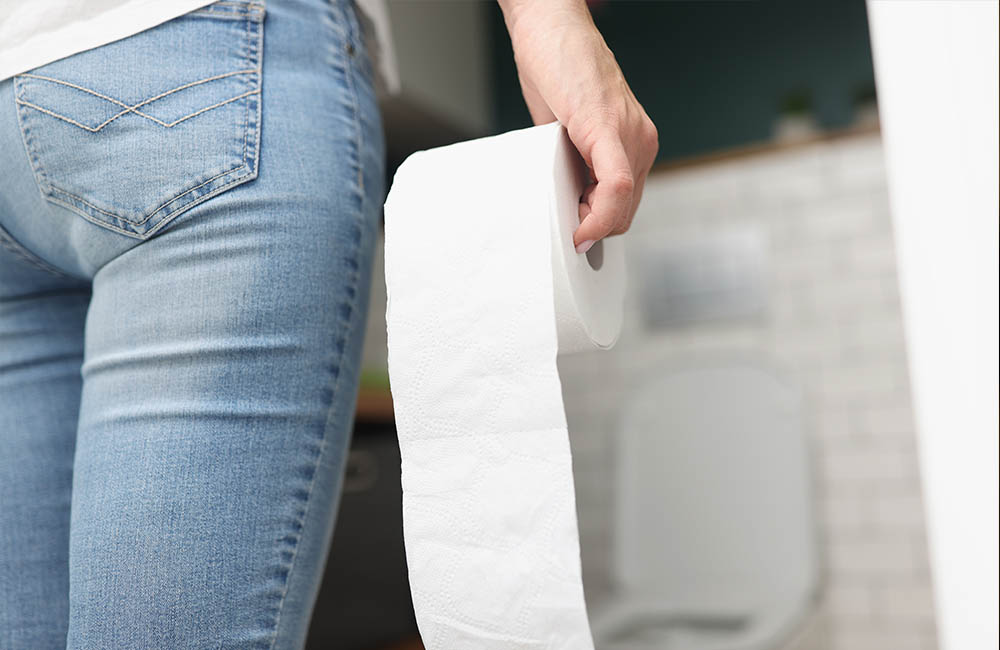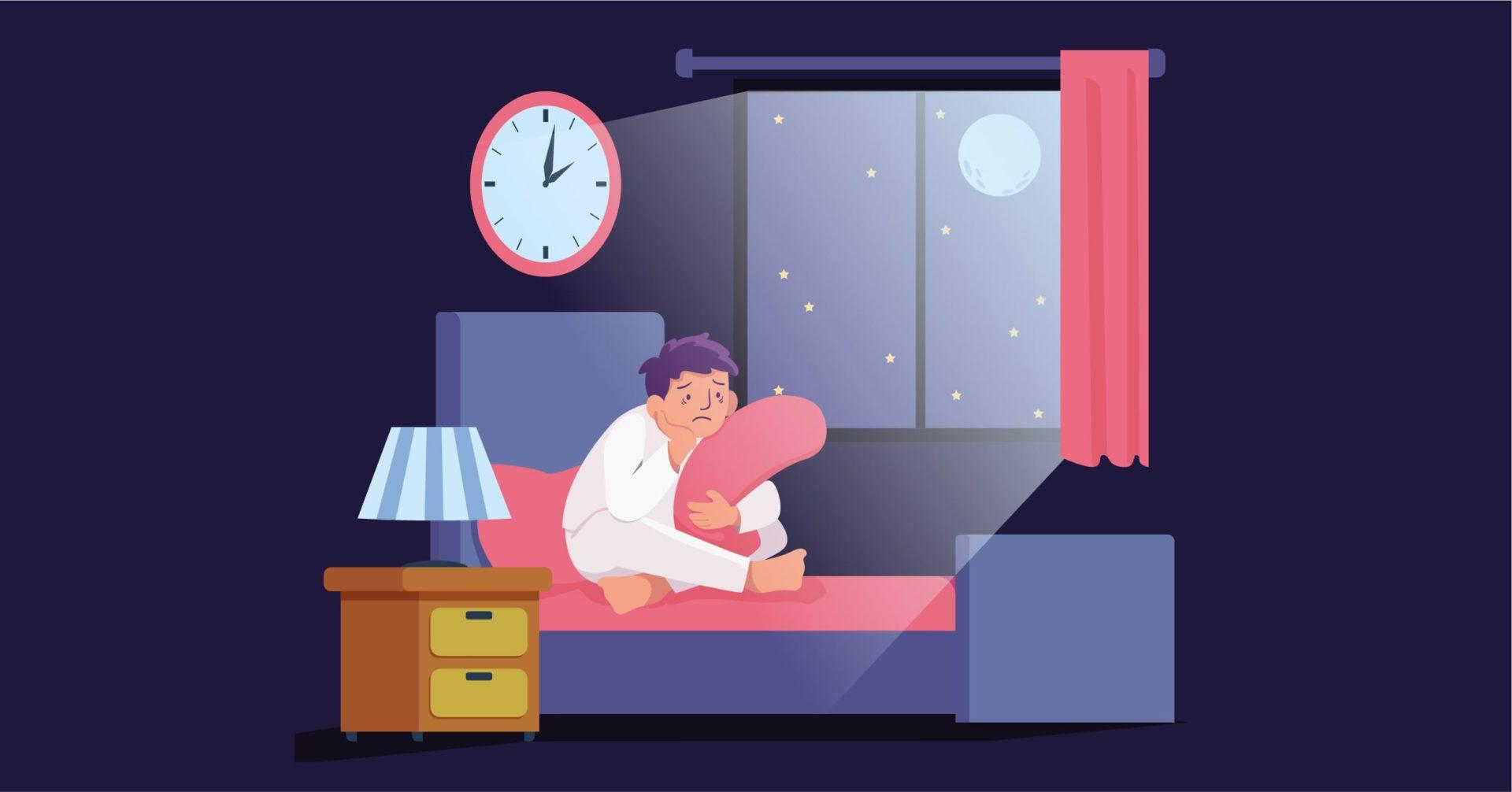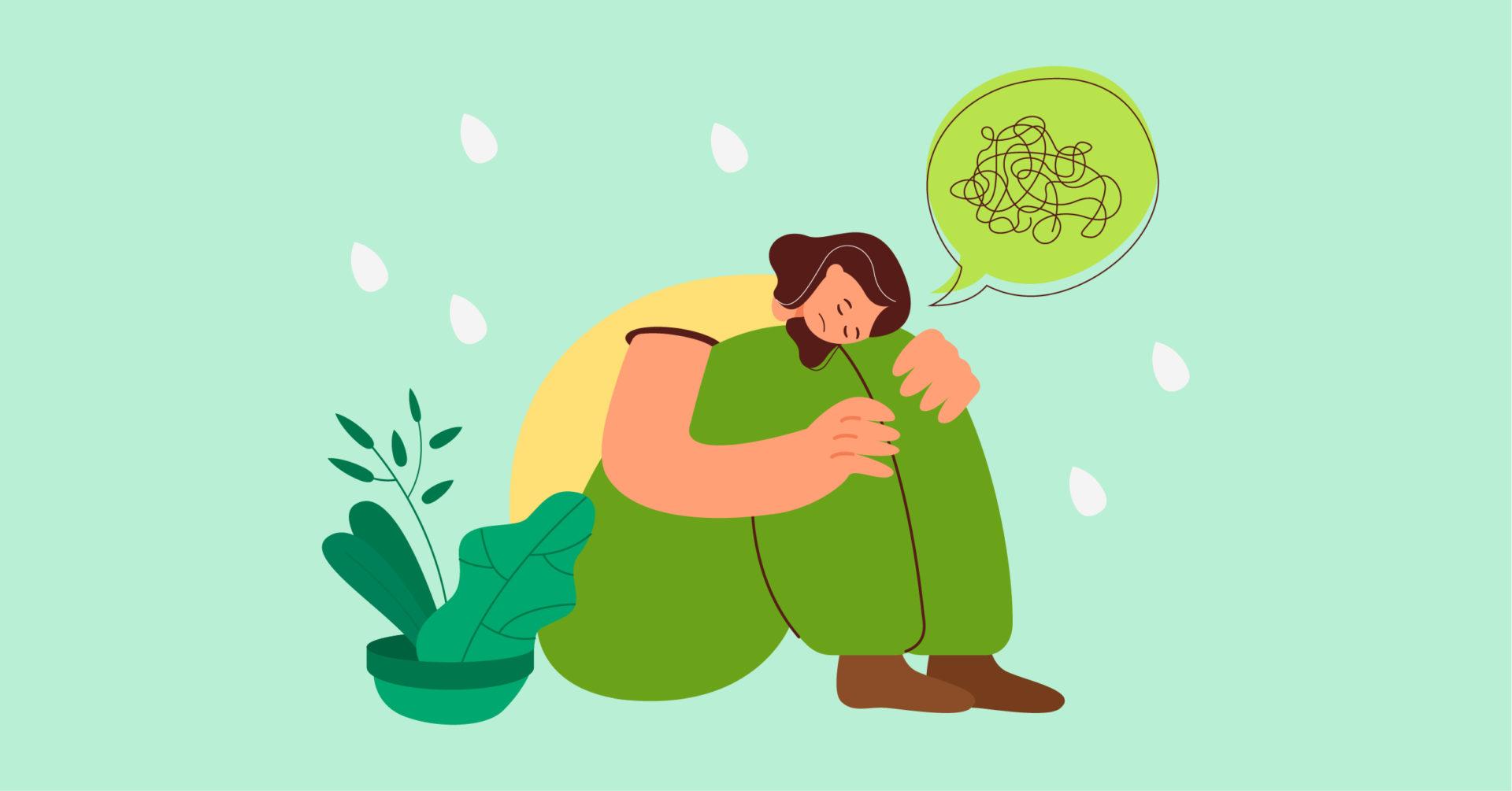Overview
Encopresis is a disorder among children where there is voluntary or involuntary defecation in places inappropriate to their sociocultural setting. It can be a result of other organic disorders such as intellectual disabilities and developmental delays. The chronological age of the child should be 4 years. In case of developmental delay or Intellectual Disability, the mental age of the child should be 4 years.
The defecation should not be an effect of laxative intake or other medical conditions except constipation. Constipation may be an effect of psychological issues such as anxiety. It can also be due to physical straining of the external sphincter and paradoxical defecation dynamics, that is, contraction of the sphincter muscles instead of relaxation.
Stool can be of normal or near normal consistency or entirely liquid. These episodes must happen at least once a month for 3 months to be categorised as a disorder.
Common Signs and Symptoms of Encopresis
The most prominent symptom is soiling of the clothes and defecating in inappropriate places such as on the floor. It can be involuntary or intentional. Leakages and soiling of underwear in all amounts – little or more – is common.
The child should be at least 4 years of age for the diagnosis of Encopresis. In cases of ID or developmental delay, the child’s mental age should be at least 4 years. This behaviour should not be due to medical reasons or intake of laxatives, except constipation, sometimes due to anxiety.
Children often get anxious around toilets or going to the bathroom. As a result of this they hold it in and then defecate in clothing when they are unable to control their bowel movements further. Sometimes it is only due to lack of control.
This kind of defecation becomes a source of shame and embarrassment. They tend to avoid situations such as camps and school to avoid ostracization and rejection by peers and primary caregivers leading to low self esteem.
Smearing of the feces in an attempt to hide it is also present in an attempt to escape the caregivers’ anger, punishment and rejection. Caregivers put in effort in order to toilet train children. It can be quite frustrating for the parents when they find that their attempts at toilet training have failed. They may end up scolding or punishing the child which scares the child and they may feel rejected.
In cases where this defecation is intentional, features of conduct disorder and oppositional defiant behaviour may be present.
The behaviour must occur at least once a month for 3 months.
Risk Factors
Encopresis is prevalent among boys mostly coming from poor socioeconomic backgrounds. Other risk factors include parental neglect, lower educational levels among parents.
Studies also indicate that children with encopresis are prone to school absenteeism and lower performance. Correlations with learning difficulties are also higher among children with encopresis.
Higher rates of behavioral problems and somatization is also common among children with encopresis. Low self esteem is also highly correlated with encopresis in several studies.
Diagnosis of Encopresis
To be diagnosed with Encopresis, following conditions must be met:
- There should be defecation which is inappropriate in the sociocultural context, such as defecating in the clothes or on the floor.
- Child should be at least 4 years of age. In case of ID or other neurodevelopmental disorders, the mental age should be at least 4 years.
- In order to be diagnosed as a disorder, the episodes must be present at least once a month for 3 months.
- Incontinence and involuntary passage may bring shame and embarrassment.
- Intentional passage may have features related to conduct disorder or oppositional defiant behaviour.
Psychologists are expected to rule out other medical conditions associated with encopresis. They are required to specify if it is in association with constipation or without.
Treatment for Encopresis
Encopresis with constipation is often treated for constipation first and then further towards incontinence. Encopresis without constipation is often treated with behaviour related therapies.
Some of the effective encopresis treatments include enhanced toilet training therapy, and medical therapy in the form of use of laxatives. Some encopresis therapies also involve external anal sphincter electromyographic biofeedback. In this kind of therapy, a trained therapist uses a device to measure muscular activity of the anal sphincter. A silicone probe device with a sensor is often used to gather data on muscular activity.
It is converted into visual signals which can be viewed on a handheld LCD device. The therapist uses these visual cues in training and guiding the person using the device to teach the right muscular movements which are helpful in defecating properly and also reducing fecal incontinence.
Differential Diagnosis
A diagnosis of encopresis in the presence of another medical condition is only if the diagnosis involves constipation that cannot be explained by other medical conditions.
Comorbidity
Urinary tract infections can be comorbid with encopresis and are more common in females.
Specialist
A primary medical care professional often refers the child to a child psychologist. Both of these specialists work in conjecture for the treatment of this disorder.
Older children may require additional psychotherapy to help with other psychosocial behaviors and issues.
In Conclusion
Chronic constipation is the main cause of encopresis. The kid with constipation passes firm, dry, and possibly painful feces. The issue gets worse as a result of the child refusing to use the restroom.
The child finds it more challenging to force the stool out the longer it stays in the colon. The nerves that indicate when it’s time to use the restroom are eventually impacted by the colon’s stretching.
Encopresis can be humiliating for the child as well as distressing for the parents. However, encopresis is typically successfully treated with persistence and encouragement.
Book online therapy sessions and get to the stem of Encopresis.





